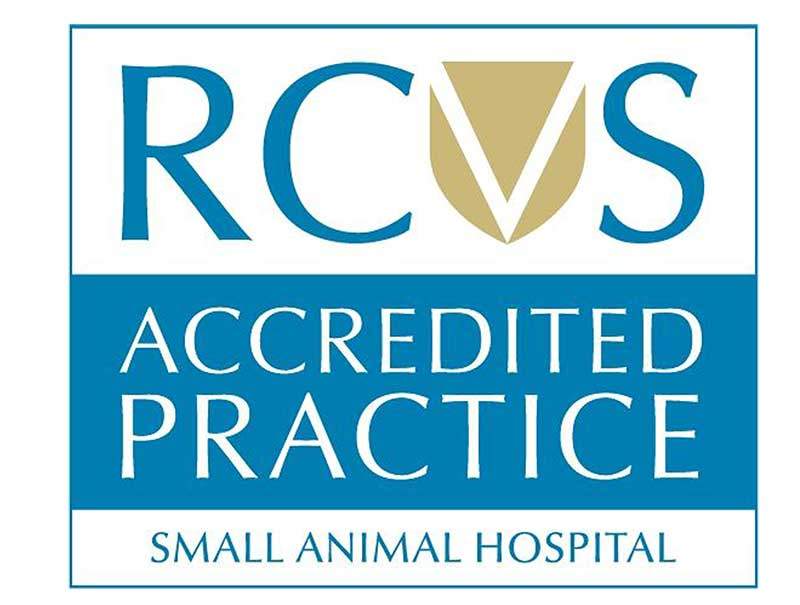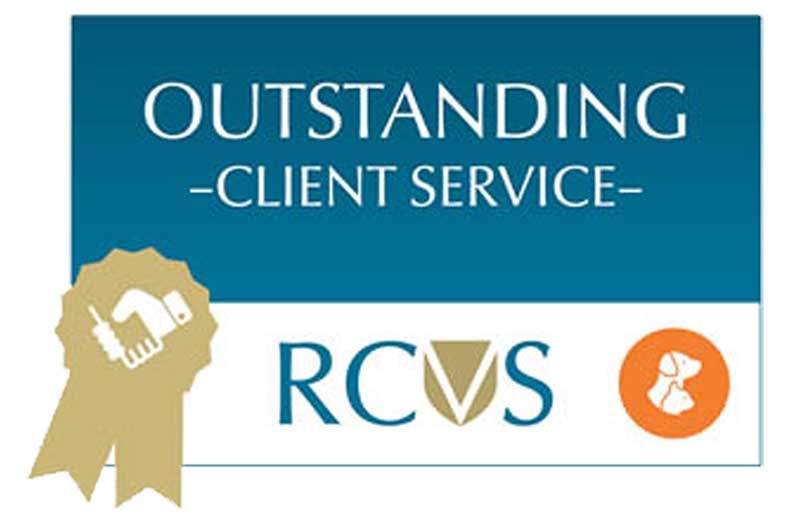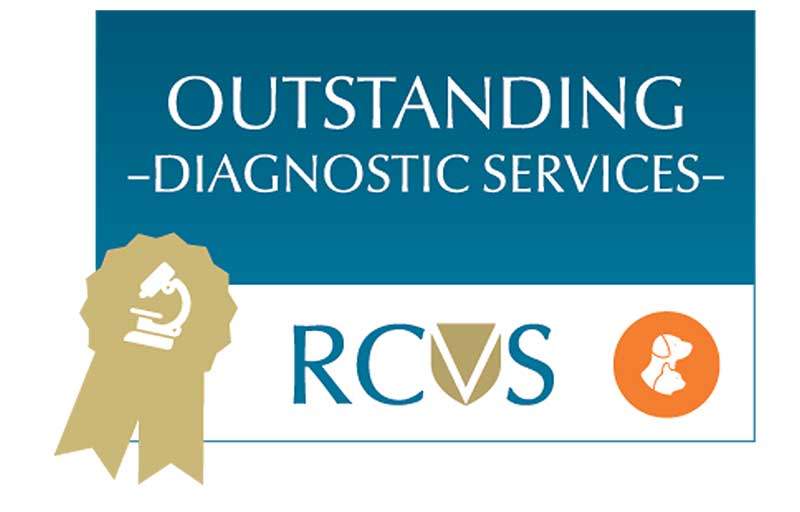TPLO surgery, or Tibial Plateau Leveling Osteotomy surgery, is the gold standard surgery for treating Cranial Cruciate Ligament (CCL) rupture in dogs. This surgery does not directly repair the ruptured cruciate ligament, but rather alters the angle of the bones around the joint to give the dog an increased feeling of stability. It is this lack of stability after a cruciate ligament rupture that contributes to lameness in dogs. This surgery is an excellent way to treat the dog, restoring stability and functionality to the dog’s joint. As with all surgery, there are risks involved, but these will be carefully assessed and balanced out against the likelihood of a positive outcome from the TPLO surgery. In general, this surgery is very successful and can give your dog many more years of happy running.
What is Tibial Plateau Levelling Osteotomy (TPLO) Surgery?
TPLO surgery works by altering the angle between the shin, tibia, and thigh-bone, femur, which restores stability to the joint after the rupture of the cruciate ligament. In normal function, the ligament prevents the shin-bone from moving forwards, but after the rupture of the cruciate, the shin-bone moves forward relative to the thigh. This causes the sensation of the joint giving way. In humans, our tibial plateau is parallel to the ground when we are standing upright with our legs straight, which prevents the tibia from moving forwards when weight-bearing. In dogs, the tibial plateau is not perpendicular to the length of the bone, which means without the cruciate ligament providing joint support, the tibia can move forwards. The surgery works by altering the angle of the tibial plateau to stabilise the joint, without repairing the ruptured cruciate ligament.
The TPLO Procedure
All dogs will be carefully assessed before surgery so that the extent of the damage is understood. Sometimes when dogs rupture their cruciate ligament, they can damage the cartilage, menisci, as well. Part of the procedure can include trimming the ligament and removing the damaged menisci. The preparation before TPLO surgery will include detailed xrays of the joint to assess the angles of the bones so that the cut and rotation needed for a successful surgery can be planned beforehand.
Comparison of TPLO with Other Surgical Techniques
According to research into the Comparison of long-term outcomes associated with three surgical techniques for treatment of cranial cruciate ligament disease in dogs, TPLO is a good choice, with excellent long-term outcomes for the treatment of cruciate ligament issues in dogs. The other surgery techniques that can be used to treat cruciate ligament issues in dogs are TightRope (TR), or tibial tuberosity advancement (TTA). The study looked at the long-term success rate for the three surgery techniques and found that TPLO and TR were the most successful for treating dogs. Here at NorthWest Referrals, we will always choose the best surgical procedure for each pet, based on their presenting symptoms and likely outcomes.
Considerations for TPLO Surgery
As with all surgery, we will always weigh up the risks against the likelihood of a successful outcome when considering candidates for TPLO surgery. Young dogs, that are generally fit and healthy, are excellent candidates for TPLO surgery. As are pets with invested owners who will follow the rehabilitation process after surgery carefully and support their pet during the healing process. Dogs that are older, or unwell, may not be the best candidates for surgery.
Signs and Causes of CCL Tears in Dogs
Ligaments can be damaged by jumping, skidding, twisting, or turning sharply. We know that dogs do all these activities daily, but sadly, sometimes certain angles or pressures on the joint may cause damage. The signs are generally obvious, with lameness, stiffness, pain, reluctance to weight bear, or swelling around the joint. You may be able to hear the bones rubbing together. Dogs normally present with these symptoms, and confirmation of diagnosis is made with diagnostic imaging, to see the extent of the damage to the ligament.
Possible Complications and Risks After Surgery
Good aftercare is crucial after TPLO surgery to help prevent complications from occurring. Complications can include infection, loosening of the screws, or slow healing of the cut bone. TPLO surgery is major surgery, and all surgery carries an inherent risk. Dogs will be carefully monitored during their recovery so that any complications can be swiftly dealt with.
Veterinary Recommendations and Consultation
When we receive a referral for TPLO surgery, we will always evaluate the case. We work with many referring veterinary practices so that we can provide the very best treatment and surgery for the dogs within our care. We will always carry out a consultation to ensure that the TPLO surgery is the best option.
Post-Operative Care and Rehabilitation
Good post-operative care is imperative to ensure that your pet has the best chance of recovering successfully from their surgery. In the first few weeks after the TPLO surgery, exercise must be extremely limited. Your pet needs to be confined to a small room, or playpen, and only allowed out on a lead for toilet breaks. The bone, joint and soft tissue are vulnerable at this time and need to be allowed to heal. Your pet will be given painkillers and antibiotics and may need to wear an anti-lick collar if he is excessively licking the surgery site. Your pet will receive a check-up at around 6 to 8 weeks, when X-rays can be taken to assess the healing. Sometimes we recommend hydrotherapy to help rebuild the strength in the joint.
Speak to us About your TPLO Surgery Referral Today!
Here at Northwest Referrals, we work with referring veterinary practices to deliver a high level of surgical experience and knowledge to treat the dogs in our care. We accept referrals for TPLO and other surgery, from vets and directly from pet owners. We hold the health and well-being of animals at the heart of all that we do, so our prices are structured to be affordable, even for those pet owners who do not have insurance. If you would like to learn more about the surgery that we do here at Northwest Referrals, then please visit our orthopaedic surgery page, or call us directly on 01942 242001.




